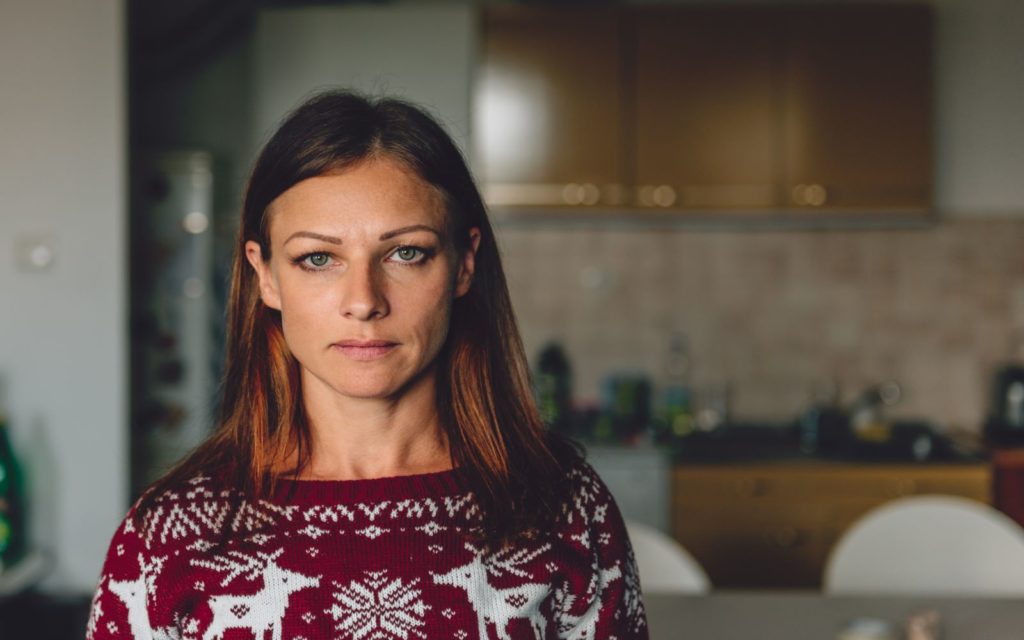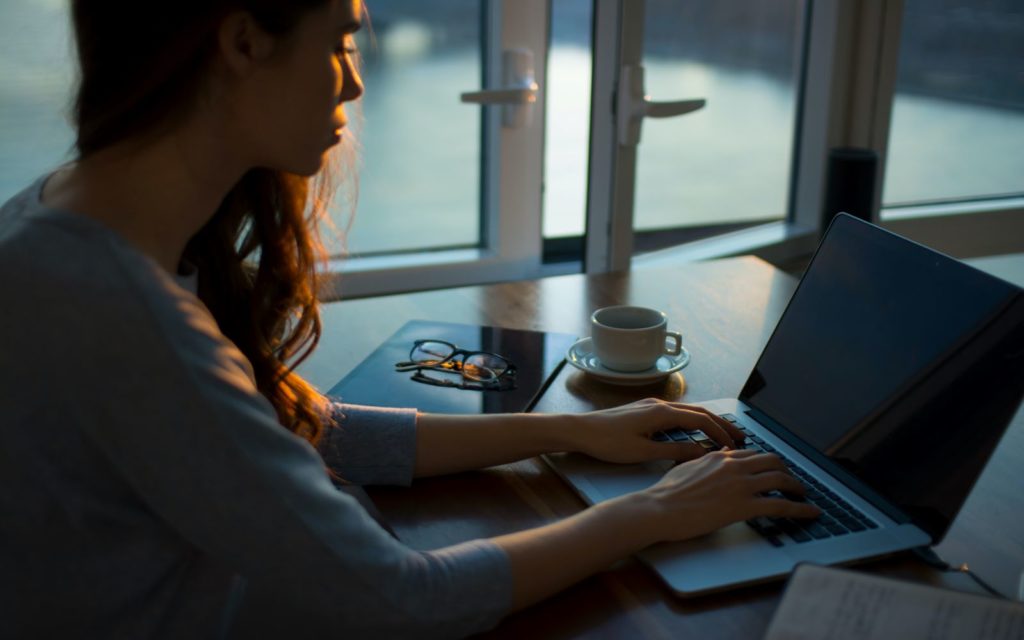
Personal Safety
The tragic death of Sarah Everard in London, March 2001 reignited the much-needed discussion of violence against women and girls, not only in the UK but worldwide. Since Sarah’s shocking murder there have been a further 81 women killed by alleged male murders in the UK alone.
Each of these 81 women have families and friends whose lives have been changed forever because of the actions of an alleged male perpetrator.
In response to Sarah Everard’s murder, The Metropolitan Police issued the following advice…
“Women stopped by lone officers could ask – where colleagues are? where they have come from? why they are there? and exactly why they are stopping or talking to them? If still concerned, shout out to a passer-by, run into a house, knock on a door, wave a bus down, or call 999”
This advice was widely criticized by many, as this implied that Sarah could have prevented her death if she had followed such advice- the ownness being placed on the victim and not the perpetrator.
A UK study conducted in 2021 showed two thirds of women who walk alone outdoors at night, say they “always” or “often” feel unsafe. This is an increase of 17% from 46% who said the same in 2018. This figure also excludes the fact that one in five women (19%) don’t ever walk alone at night in the first place – a number twice as high as men (9%). There is, however, no real increase in the number of women not venturing outdoors at night since the previous poll (18%). The number of women who report taking regular steps to protect themselves from sexual assault has also risen. In 2018 a third of women (32%) said they take precautions; this figure now stands at 41% in 2021.
Source: www.yougov.co.uk.
Below are a few tips when considering walking alone during the day or night:
- Let someone know where you are going, an estimated time of arrival and estimated time you are due home.
- Remember to keep your mobile phone charged (you do not need credit to call 999).
- Pay attention to your surroundings, including choosing a safe place to park.
- Walk in well-lit public areas.
- Ideally, avoid wearing headphones or at least ensure the volume is on low.
- Talk to friends or family on the phone whilst walking/travelling alone. Let them know which bus you are on or the number of the taxi registration.
- Consider downloading a safety app to your smart phone such as bSafe or shake to safety. (You can Google safety apps to find the one that is compatible with your phone).
In an emergency call 999 or in the event of:
- You or someone else is in immediate danger
- If a crime is in progress
- You need police help immediately
Non urgent crimes can be reported by calling 101 including:
- To report suspicious activity or concerns
- Report a crime that has happened where there is no immediate risk



